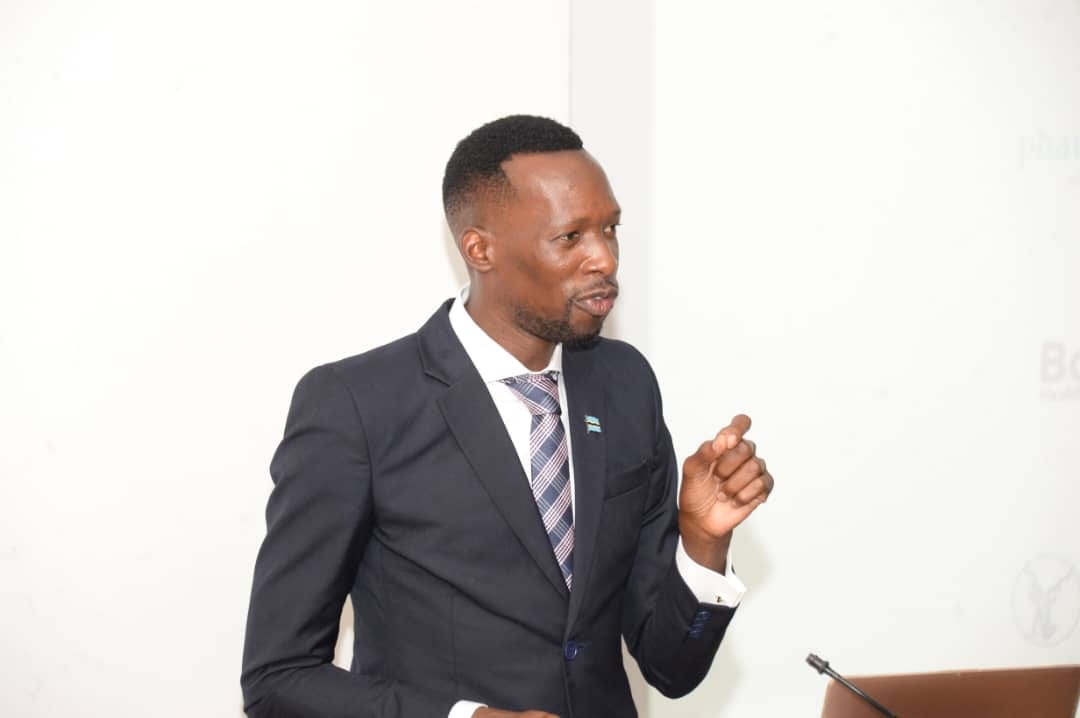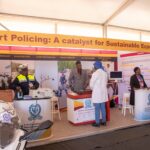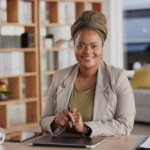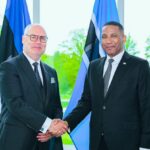In a bold and compassionate appeal, Acting Minister of Health Mr Lawrence Ookeditse has urged Batswana to engage in an open and honest national conversation about abortion, stressing the need for courage, compassion, and scientific clarity in addressing the issue. Speaking at the 2nd Biennial Congress of the Botswana Society of Obstetricians and Gynaecologists (BOSOG) in Gaborone, Mr Ookeditse called for urgent reform and societal introspection.
While abortion is legally permitted under specific conditions in Botswana—such as cases involving rape, incest, or when the mother’s life is at risk—the minister acknowledged that practical access to safe abortion remains extremely limited for most women. He cited economic disparity as a key concern, noting that wealthier women often travel to South Africa for medical procedures, while less fortunate women are left with unsafe and potentially deadly alternatives.
“The painful truth is that women who can afford to do so travel to South Africa, while those who cannot afford it are left to resort to unsafe and life-threatening methods instead,” Mr Ookeditse stated.
His remarks reflect growing concerns among medical professionals, civil society, and human rights advocates over the public health consequences of restricted abortion access in the country. Unsafe abortions are a major contributor to maternal mortality across the continent, and Botswana is not immune to these risks.
Mr Ookeditse emphasized the importance of reforming current laws and healthcare practices to ensure that all women—regardless of income or social status—have access to safe reproductive healthcare. He urged society to move beyond taboo and stigma, and to approach the conversation with empathy and evidence-based reasoning.
“We must create safe spaces for honest dialogue on these issues and let us lead with science, compassion, and justice,” he said, encouraging medical professionals, lawmakers, community leaders, and citizens to actively participate in shaping a more equitable and responsive reproductive health system.
The BOSOG congress, which brought together gynaecologists, obstetricians, policy-makers, and international experts, served as a timely platform to amplify calls for inclusive healthcare and policy transformation. Many participants echoed Mr Ookeditse’s sentiments, stressing that the time had come for Botswana to confront uncomfortable truths and prioritise the health, dignity, and rights of women.
As the country navigates complex debates around reproductive rights, Mr Ookeditse’s message signals a shift towards a more progressive and humane approach to healthcare—one that puts women’s lives and wellbeing at the forefront of policy decisions.










